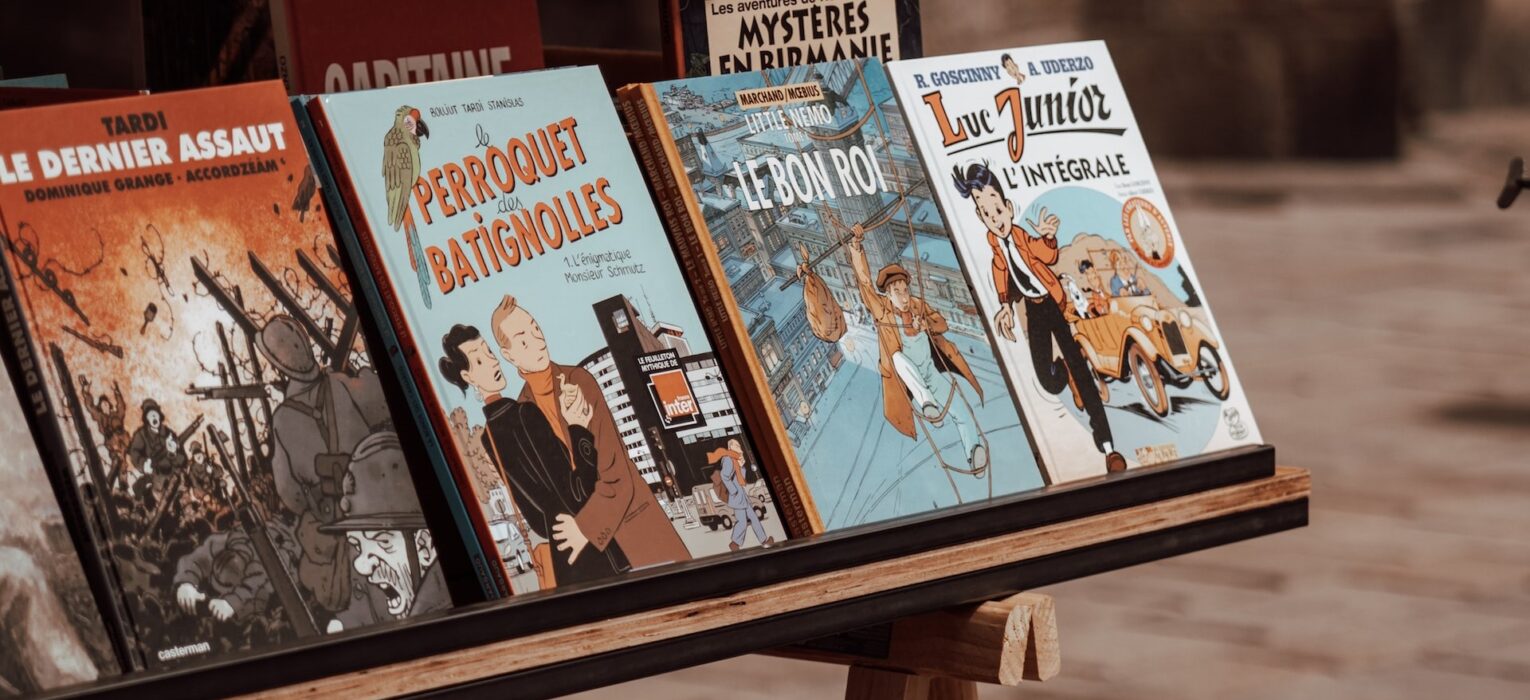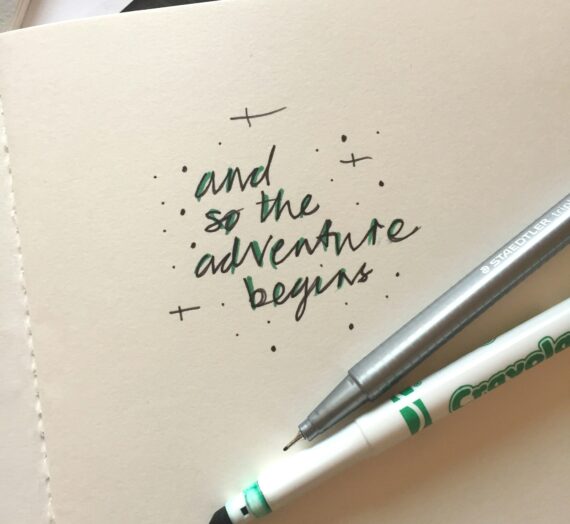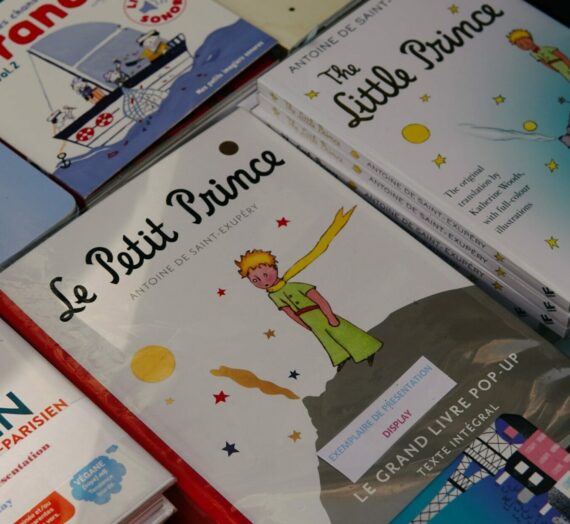I have a confession to make. I can’t read in French.
OK, that’s a gross exaggeration. I can read, and very well. However, I can’t seem to translate my ability to focus on long texts in English, to French. Whereas I can read a billboard or a newspaper article with relative ease, hand me a French novel and watch me lose motivation after the first chapter.
I’ve been studying French for upwards of a decade. Therefore, reading a book in French should be a cake walk. Rather, it should’ve come more easily than it has. In my experience, nothing has been farther from the truth. It sounds obvious, but nobody reminds you that language learning is a continuous journey. There will always be something you don’t know until you see it. An aspect of language acquisition which can either be disheartening or enthralling. When you read a book or a longer piece of text, you’re suddenly overloaded with grammar, vocabulary and sentence structures that you never knew existed. At first, I found this exciting and was motivated to learn new things. It swiftly became overwhelming to catalogue and research EVERY new word or grammar rule. And it’s easy to lose focus if you have to stop and make notes after every other word.
In retrospect, I also wish that someone had tried to bridge the gap between articles and novels. It was a hard transition that usually resulted in shelving the book altogether or finding the English version. For me, French BDs are that bridge.
A bande dessinée or BD is a graphic novel or comic book. However, it’s difficult for me to equate a French BD and an English comic book because they aren’t the same. In Francophone culture, the storytelling and artwork of a BD is akin to that of a graphic novel. Even if the contents resemble what English speakers would distinguish as a comic book. For example, imagine holding a single Archie comic next to the graphic novel adaptation of The Handmaid’s Tale and being told that they are the same. In English, it makes no sense. But the French do it, and in my opinion, they do it better.
Reading a French BD, you’re signing up for a story told entirely through pictures and speech bubbles. Sometimes it’s comparable to a comic book in that it’s a series of disconnected events amongst the same characters. Or it’s comparable to a novel where there is an overarching plot, told within a few hundred pages or broken into several books, each known as un tome in French. What has made BDs a vital tool for improving my reading skills is that they are the perfect balance between ease and challenge. I’m still exposed to new vocabulary and grammar, but it’s not a tsunami of information. The sentences are digestible and the pictures are a useful aid, but I’m still learning something. Eventually, I hope to parlay my improved reading skills to novels and longer texts without pictures. However, BDs will likely always remain on my radar as the pinnacle of literary genius.
In my next post, I’ll share my favourite BDs (so far) that rekindled my interest in reading in French. And helped me finally finish a book.





French-Action
I can relate to this. My situation was the same. Reading an English novel was not that easy. Everyone told you to read Shakespeare. Yes but the language was quite challenging at first. Watching a play was more interesting. Like you, I ended up reading bandes dessinées because i found it easier to read simple texts. I cheated a little: I read the French ones which were translated into English and made a note of the vocabulary I did not know. Well, bonne chance. You will manage. It is a matter of time and finding the novel that is of interest to you.